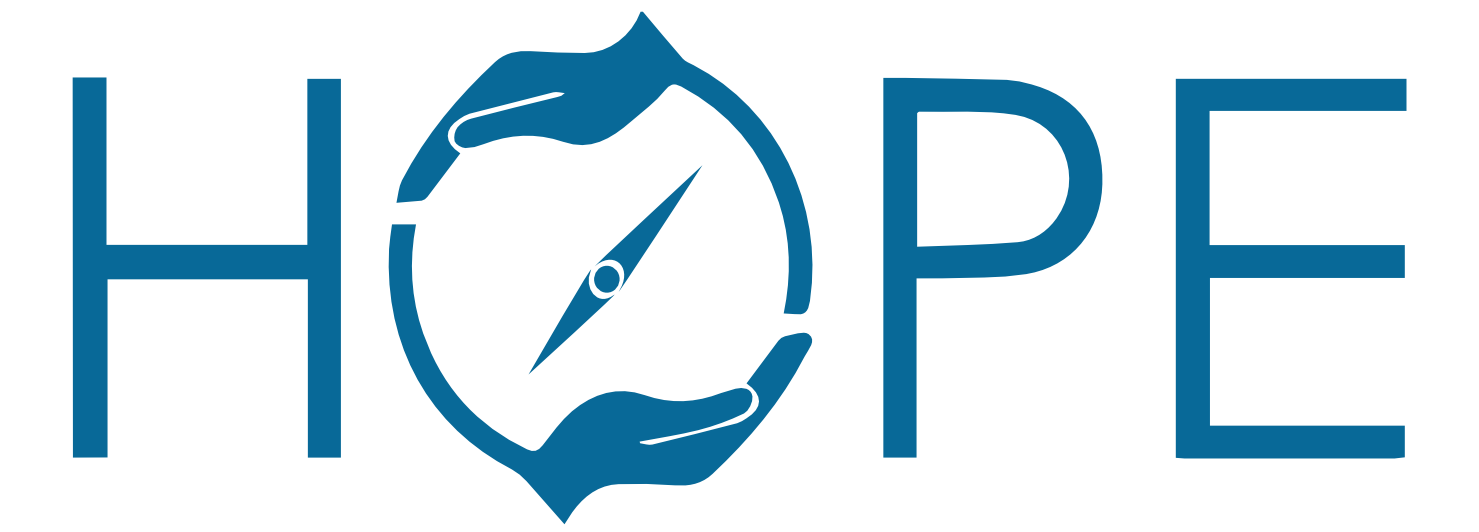It may surprise you to learn that nearly 61 million Americans each year grapple with substance abuse disorders, according to the US Department of Health and Human Services. Overcoming addiction is an arduous process that is sometimes impossible to handle on your own. The role of family is often overlooked during recovery, yet it’s vital for success.
Families provide emotional support and stability that can help you stay resilient even during the darkest of times. Let’s take a closer look at how families are key to recovery.
Families as a Foundation for Recovery
Families are the cornerstone of the recovery process. They offer a support system that helps individuals feel grounded and secure during challenging times. The emotional bond within a family can provide the strength needed to face the ups and downs of recovery, making it a collective journey rather than an isolated struggle.
Family support in recovery goes beyond just being present. It involves active participation in the healing process and understanding the complexities of addiction. When families engage in recovery strategies together, they create a stronger, more unified front against the challenges that may arise.
Explore Family Therapy
Family therapy is an essential tool in addiction recovery support. It helps address underlying issues and fosters a healthier environment for everyone involved. Healing together through family therapy allows each member to understand their role in the recovery process and work towards rebuilding broken trust and relationships.
Implement Effective Recovery Strategies
Successful recovery requires a combination of strategies that include family involvement. It may involve:
- Setting boundaries
- Creating a structured environment
- Maintaining open lines of communication
Families that implement these strategies are better equipped to support their loved ones through the recovery journey.
Long-Term Benefits of Family Involvement in Recovery
The involvement of family in recovery leads to long-term benefits that extend beyond sobriety. Improved communication and a supportive environment contribute to stronger relationships. A collaborative approach not only aids in recovery but also lays the foundation to better connect with your family.
Seek Professional Help
Even with family on your side, there’s still a chance you’ll need to seek professional help when recovering from addiction. Assistance often comes in the form of counseling and recovery coaching. Finding the right recovery coach involves researching their experience and approach to addiction recovery.
It’s essential to choose someone who understands your unique needs and can work effectively with both you and your family. A good recovery coach will provide personalized strategies that complement the support you receive from loved ones.
Remember That Families Are Key to Recovery
Without family on your side, the obstacles you face will likely seem far larger than they are. Families are key to recovery, and it’s essential to make the most of the resources they can provide. From here, you’ll be well on your way to getting your life back on track.
HOPE Guides provides personalized recovery coaching with a 90% success rate in helping individuals maintain sobriety. Our expert team offers tailored support plans, addressing both addiction and personal growth.
With nationwide services, we empower clients to navigate through recovery with professional guidance and family support. You can learn more about how we can help when you get in touch with us today!



